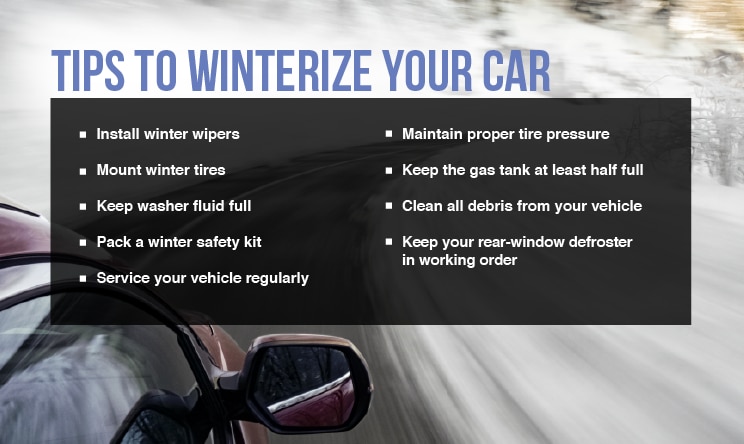As the possibility of winter weather looms ahead, it’s imperative to ready your vehicle for the seasonal changes. The plummeting temperatures and icy roads pose significant challenges for your car’s performance and safety. However, taking proactive measures can not only safeguard your vehicle but also save you money in the long run.
Winter weather can wreak havoc on our cars, demanding special attention and care. To navigate this season successfully, we’ve consulted with two experts, Alan from Kansas and Roy from Missouri, who have shared invaluable tips to tackle the challenges.
- Wiper Blades: Choosing Wisely
When selecting wiper blades, opt for ones with fewer contact points. While it may be tempting to choose the cheapest option, these blades often create pockets where snow and ice accumulate, impacting visibility. Investing a bit more in high-quality blades can save you from potential hazards on the road. - Washer Fluid Selection Matters
Switch to washer fluid with anti-ice properties. Products containing anti-ice agents are recommended, especially in colder temperatures that can plummet to negative 35 degrees. These fluids effectively prevent freezing, ensuring clear visibility. - Tire Care: All-Season and Pressure Checks
Ensuring your vehicle has all-season tires is crucial. However, regularly monitoring tire pressure is equally essential. Tire pressure is temperature-sensitive, often decreasing as the weather gets colder. Check the recommended PSI (pounds per square inch), typically found on the door frame, to maintain optimal tire performance. - Brake Inspection: Vital for Safety
Get your brakes inspected to avoid potential hydraulic issues or ABS failures. Locked brakes can lead to hazardous situations on icy roads, causing more harm than good. Ensuring their proper functionality is paramount for safe winter driving. - Battery Check: Knowing When to Replace
Regularly assess the age and condition of your battery. On average, a battery lasts about four years. However, extreme temperatures and usage can impact its lifespan. Being aware of your battery’s age helps prevent unexpected breakdowns during the winter months. - Preventing Frozen Locks: Proactive Measures
Anticipate and prevent frozen locks by using pre-sprays available at automotive stores like Advanced AutoZone or O’Reilly. Applying these sprays ahead of potential ice storms can save you the inconvenience of dealing with frozen locks.
Preparing your vehicle for winter isn’t just about readiness; it’s about ensuring safety and potentially avoiding costly repairs. By following these expert tips and staying proactive, you can navigate the challenges of winter weather while safeguarding both your car and your wallet. Remember, preparedness is key to a smooth winter driving experience.




